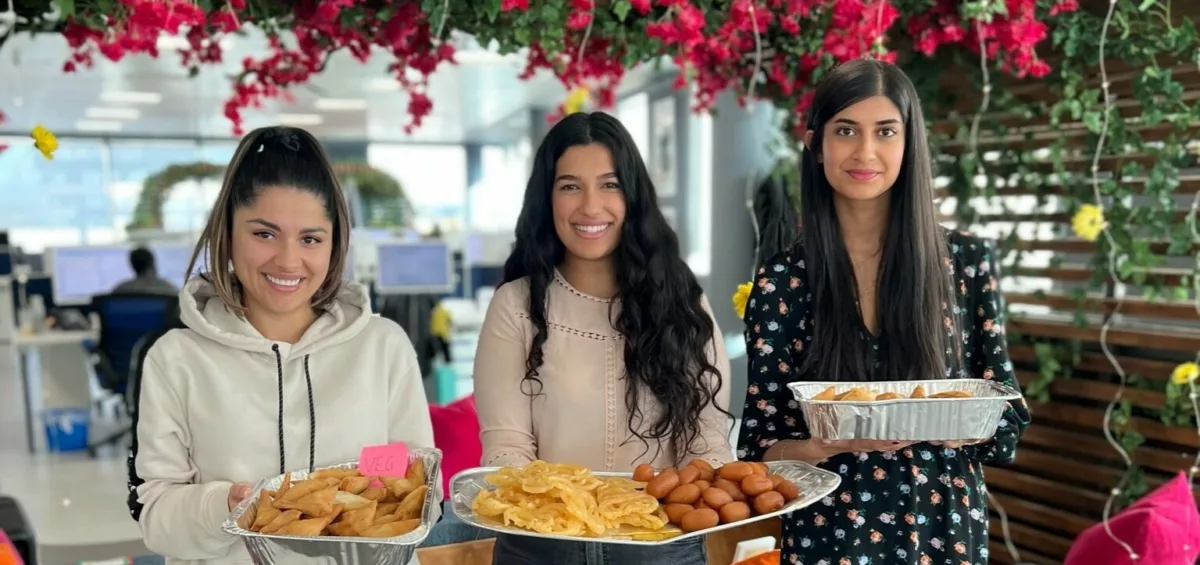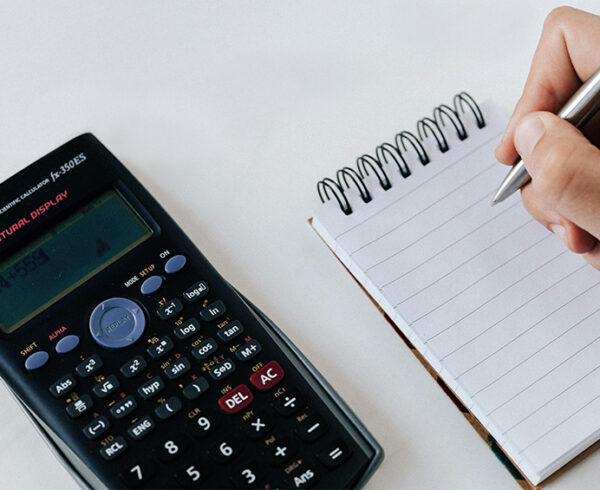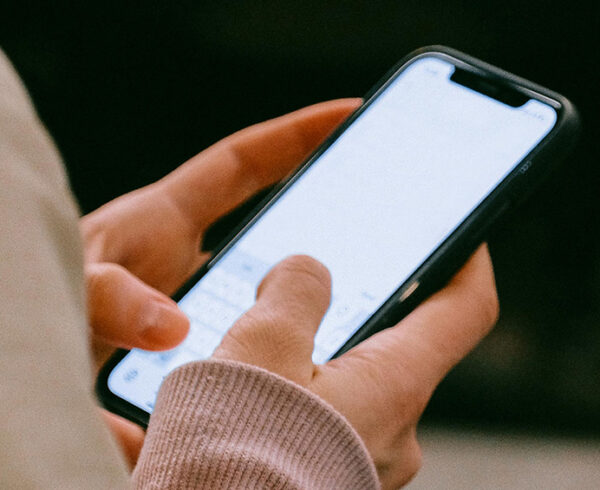The ‘festival of lights’, most known as Diwali, is celebrated across the globe by millions each year.
Diwali honours the triumph of ‘light over darkness, good over evil, and knowledge over ignorance’.
In the lead-up to Diwali, many people prepare by cleaning and decorating their homes and workplaces with diyas and rangoli designs (colourful art patterns using flowers, rice, etc).
People wear their finest clothes, eat delicious food, and come together as a family whilst reflecting on their new beginnings.
The Diwali Story
Rama, the Prince of Ayodhya, India was ordered by his father, King Dasharatha, to leave his home and only return after living in the forest. Rama was exiled with his devoted wife Sita and faithful brother, Lakshmana.
When Ravana, the demon king abducted Sita and took her away to his island kingdom of Lanka, Rama fought tirelessly with his army and killed Ravana.
Rama rescued Sita and returned to Ayodhya after fourteen years. The people of Ayodhya were overjoyed to hear of the return of their beloved Prince and Princess.
To celebrate Rama and Sita’s return, the people of Ayodhya lit up their houses with glowing oil lamps (diyas), burst firecrackers and decorated the entire city in the grandest manner to help guide Rama and Sita home on a dark and moonless night.
CEL Celebrates Diwali
To celebrate Diwali this year, trainee solicitor, Deepa and paralegal, Marta brought in an array of traditional Indian foods ranging from samosas, pakoras and sweet treats for staff to enjoy.
As Diwali focuses on self-reflection, forgiveness, and new beginnings, legal advisor, Natasha created some self-reflection cards for our beautifully decorated ‘Diwali Mindfulness Corner’. Staff were encouraged to take the time to think about what they are grateful for and what goals they wish to achieve. They then took the cards back to their desks as a reminder of all the good that is to come.
Marta’s Diwali Celebrations
Marta has celebrated Diwali with her best friend.
‘Diwali is a festival of lights and community. The prep for Diwali commences weeks before, starting with a deep cleanse of our houses called ‘Diwali ki Safai’ or ‘Diwali cleaning’. Gifts are sent to the near and dear ones and people come together at Diwali parties to play poker and eat heaps of food and mithai (Indian sweets). On Diwali we decorate our houses with diyas and flowers. At the entrance of our houses, we make a Rangoli to welcome the auspicious goddess Lakshmi. The day ends with a pooja (prayer) and we light all the diyas and candles after that and celebrate with firecrackers. Diwali marks the win of good over evil and the start of all things auspicious.’
Deepa’s Diwali Celebrations
‘We usually clean the house and light candles the night before Diwali to invite Lakshmi (the goddess of wealth) into our home. On Diwali we will do a Puja (worship) to pray and make offerings (such as sweets) to our Gods. We celebrate by having a big family dinner and sweets as well as fireworks in the evening.’
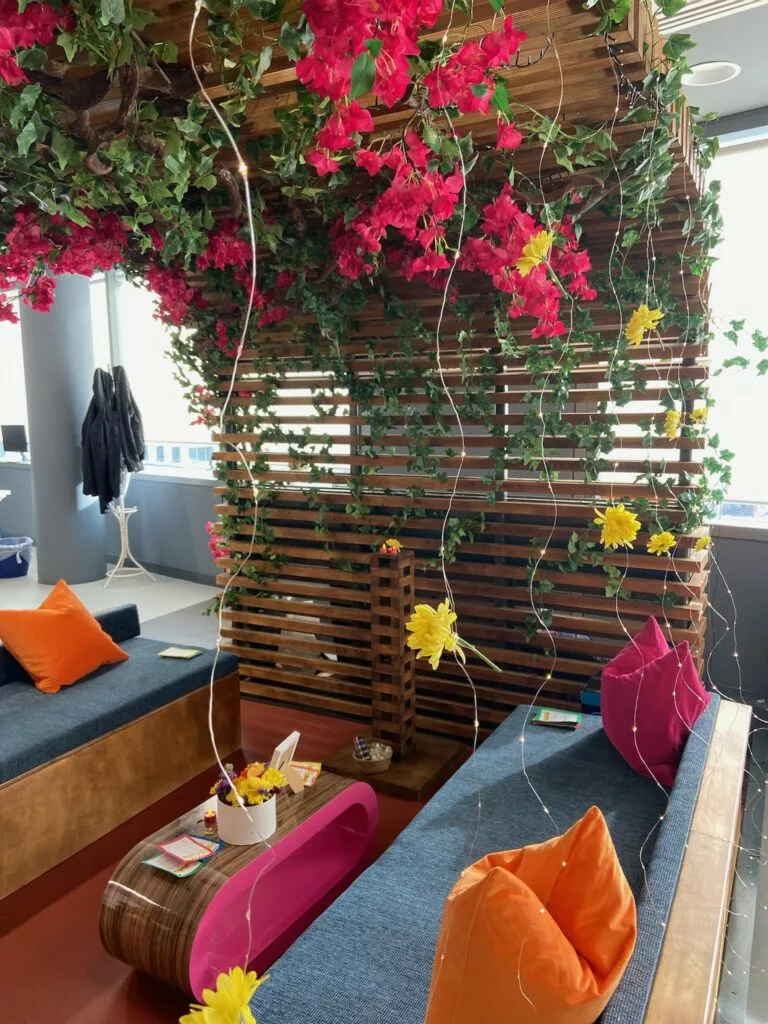
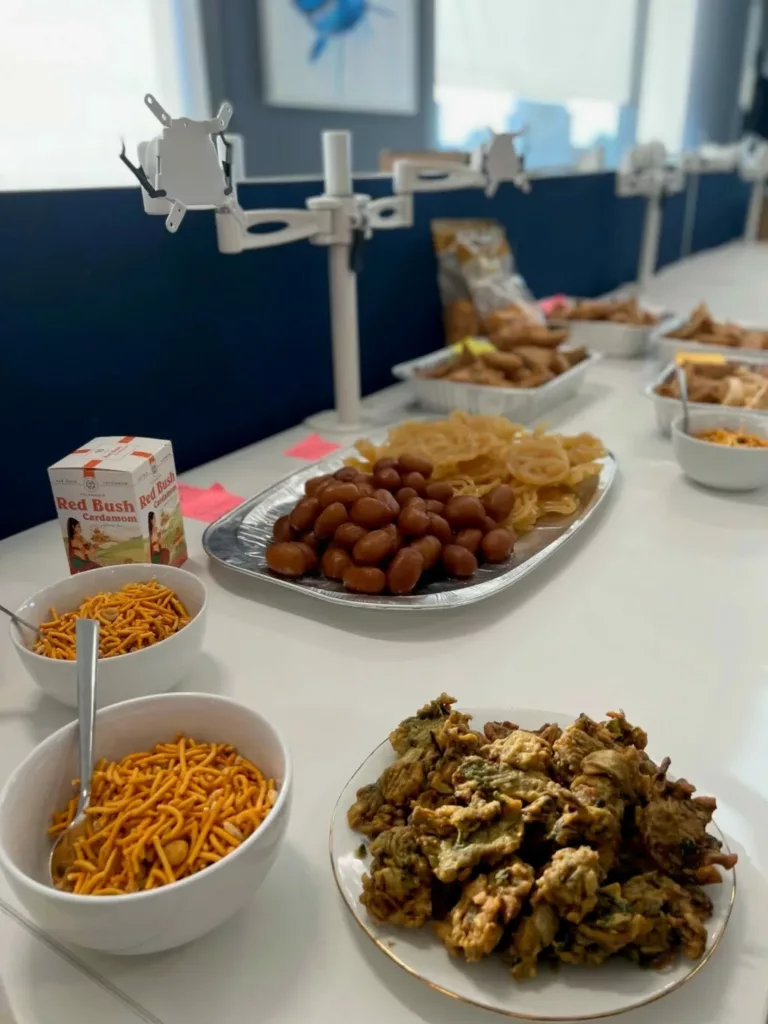
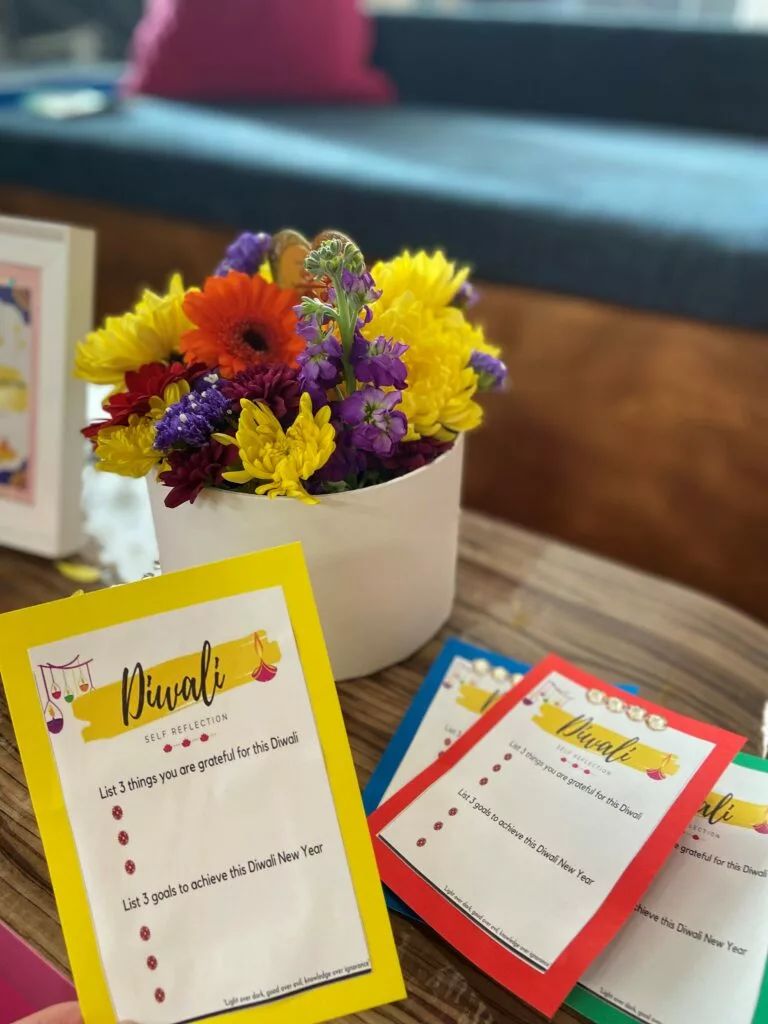
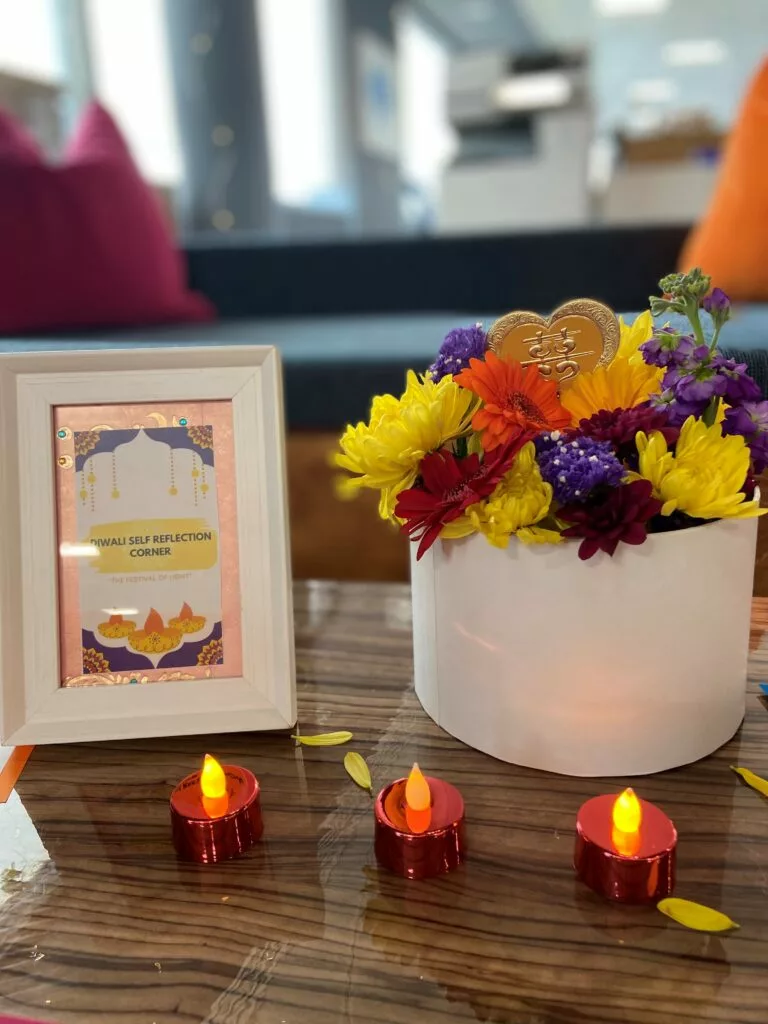
Natasha’s Diwali Celebrations
‘My family also clean the house the night before Diwali and create beautiful rangoli designs at the front porch. On Diwali, we light tealights in every room of the house and wear beautiful, vibrant, new clothes. As a family, we enjoy the amazing food my Mum has made, we spend time together, and light sparklers in the garden all together. We also gift our neighbours with sweets and chocolates and invite them to join the celebrations and wish them a prosperous New Year. My dog Ramsey will also join in the celebrations having received a new toy and special bow tie!’


